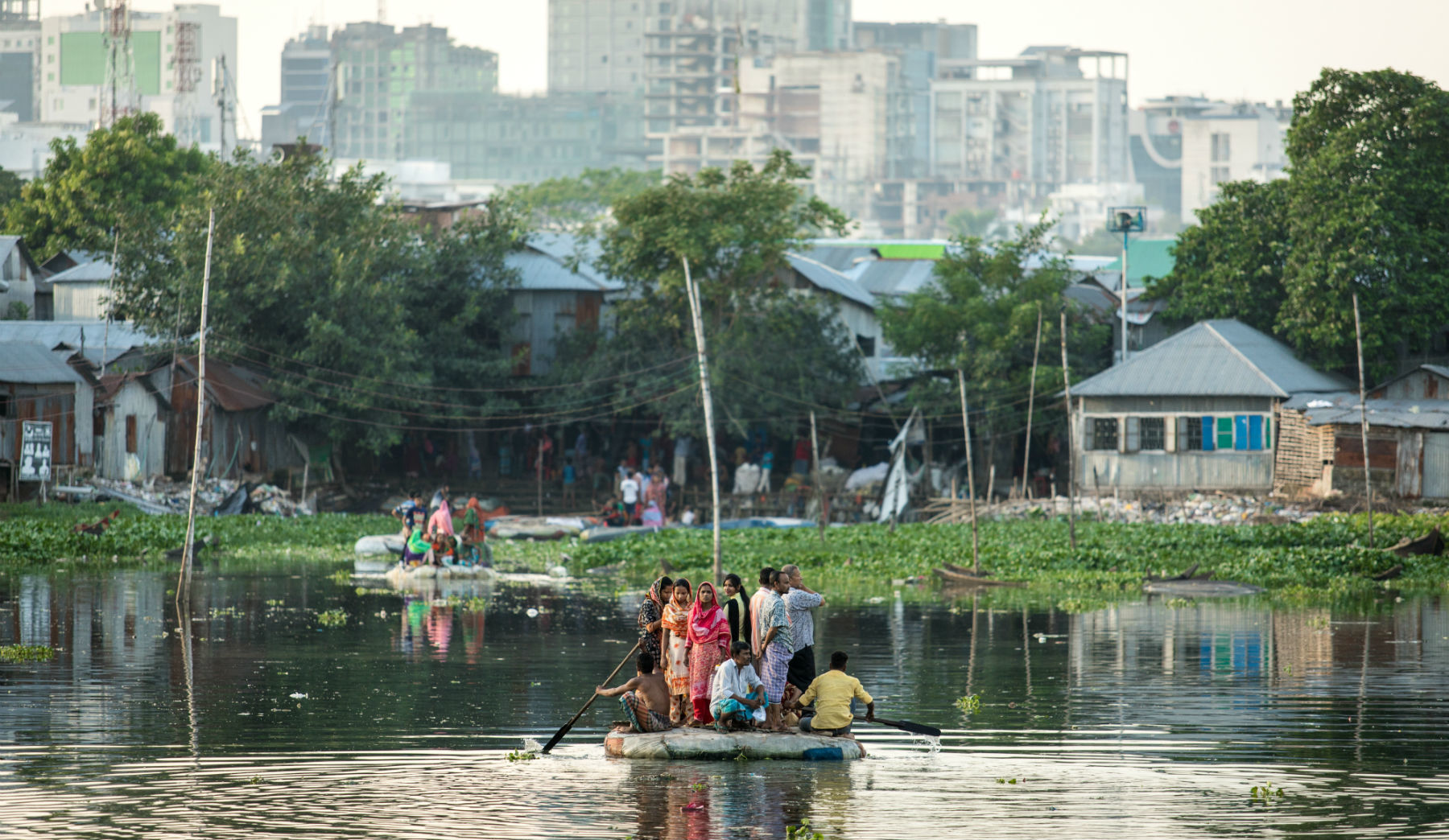When talking about the effects of climate change, the notion that minorities are disproportionately affected is often invoked. In most debates, this notion is not explained any further, as though this were something obvious. Challenging this statement seems almost like a moral failure, as though one were to take compassion away from the disadvantaged. And so, hinting at the way a changing climate affects minorities usually goes unchallenged. But, isn’t climate change supposed to be something that is important precisely because it affects everyone, everywhere? And yet, as it happens, minorities are disproportionately affected, and I think it is important to ask and note why that is.
The first question that needs to be addressed relates to the term ‘minorities’ itself. Generally, what we, Europeans, mean when we use the term minorities is actually People of Color — who obviously are not really a minority at a global scale. Nevertheless, the aftermath of climate change is more prevalent in countries that are not European (nor North American, either). People in African countries, especially those along the Saharan desert, are facing the increasing pressure of droughts and desertification, taking away essential livelihoods. Countries that are prone to flooding, such as Bangladesh, become even more vulnerable to extreme weather. One reason these countries are poor (though there are other ones that are at least equally important) is that they are in an environmentally precarious location; there was never a basis for developing in an unstable climate and the resulting poverty only increases the consequences of climate-related phenomena.
But even within countries – all countries – minorities are often more severely affected than the majority. Here, again, we are actually speaking of minorities, and it does not matter what makes the affected community a minority specifically. In many countries, minority communities have historically been sidelined from the chance to acquire education, wealth and become accepted by the majority as belonging to the bigger whole. The result is that minority communities have had to settle in areas that were left over by the majority. That often meant less desirable areas, such as, again, flood zones or more arid and thus less livable areas. Even in a country that might generally be less affected by climate change, these are the areas that hurt first — and this is even more pressing in countries that are already at the forefront of climate change.
Minorities are therefore not adversely affected by climate change because there is an inherent connection, or an inherent feature of climate change that would make it impact minorities first. It is rather because of the way our societies are structured. It is because those who are less likely in a position to equip their communities to withstand extreme weather, or to rebuild afterwards, are those that are hit by such phenomena the most. In a situation where you have to consistently clean up the last disaster, there is no time to prepare for the next — making you more vulnerable when it arrives.
It is therefore not sufficient to repeat that minorities are disproportionately affected by climate change as a mere talking point, as though that were important just so we have the opportunity to feel sorry. It is important to note why that is, because it can be traced back to how we as humans have organized ourselves. Knowing that allows us to address the issue at its root and gives us an opportunity to rectify the disparity.

